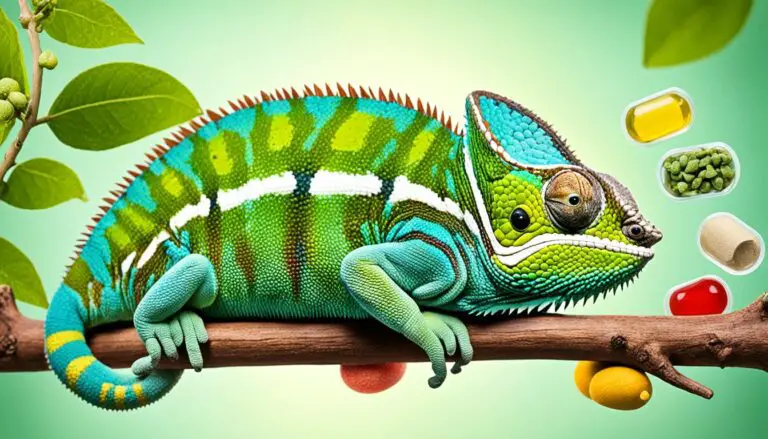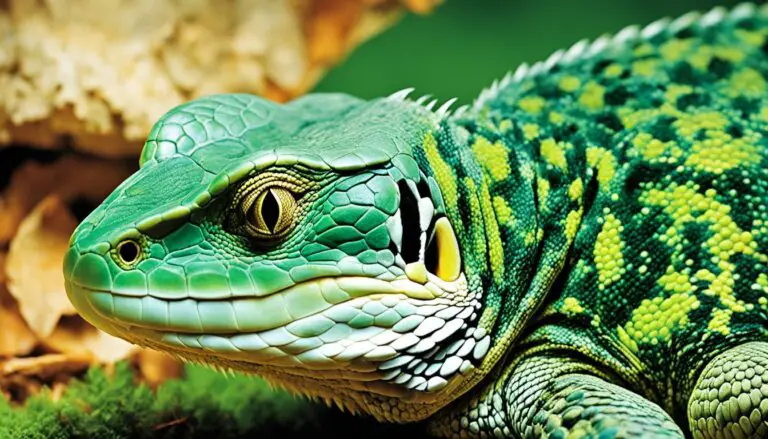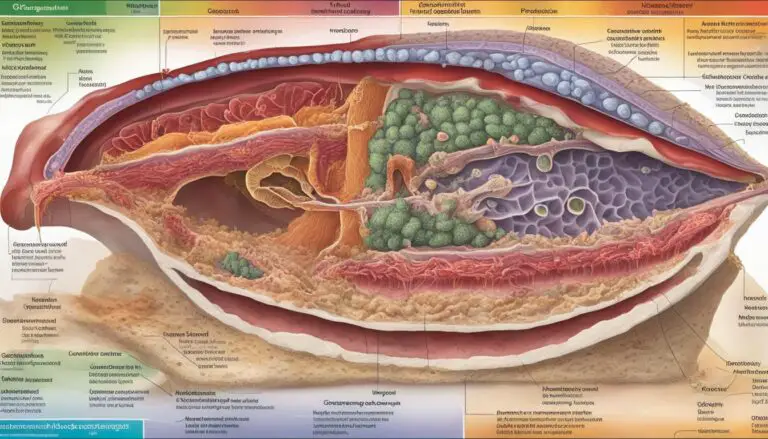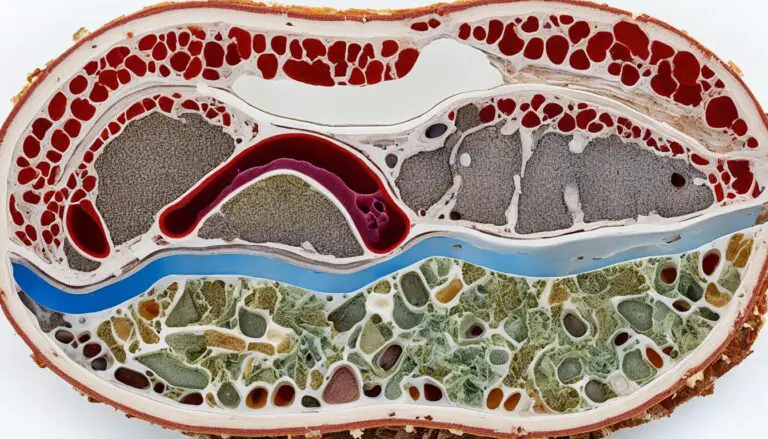Exotic Pet Stress Reduction Tips & Advice
Exotic pets can experience stress, which can negatively impact their well-being. To ensure your pet’s mental well-being and tranquility, it is important to know how to relieve their stress. This article provides tips and advice on reducing stress in exotic pets. Exotic pets, such as reptiles, birds, and small mammals, have unique needs and behaviors that can contribute to their stress levels. Understanding these factors and implementing stress reduction techniques is crucial for their overall health and…










